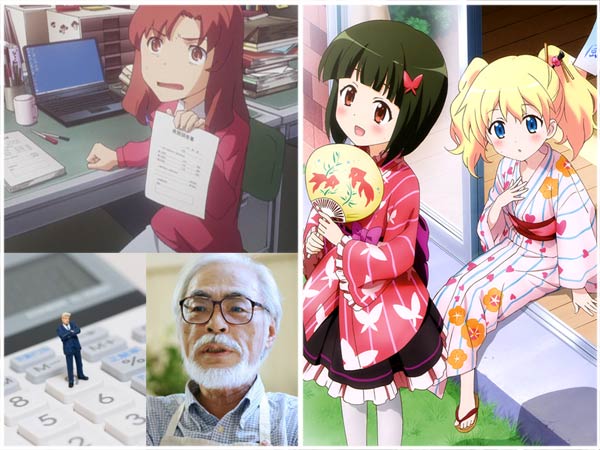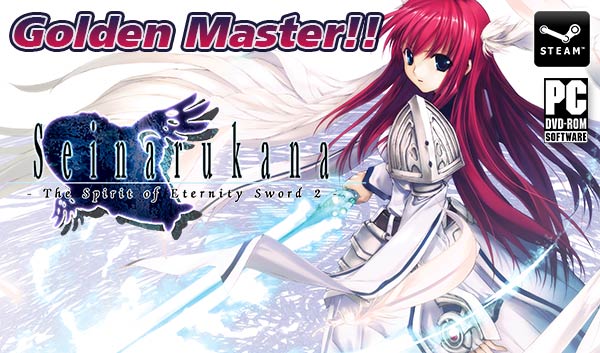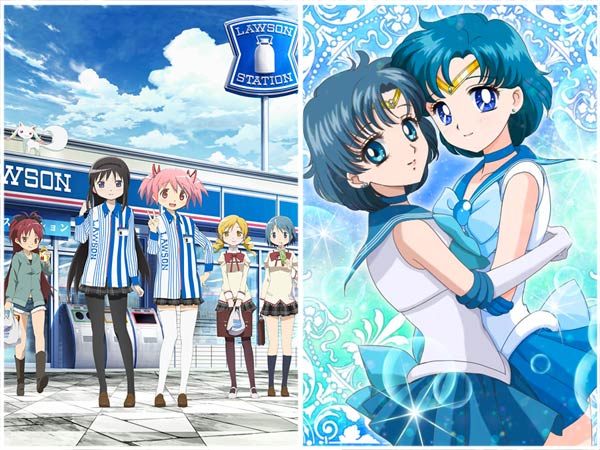One anime I’m a fan of is Kin’iro Mosaic, a slice-of-life moe show about Shinobu, a Japanese girl in love with all things British, and Alice, a British girl who loves Japan. Alice loves Japan so much, in fact, that she comes to live here and attend Shinobu’s high school with her half-Japanese friend Karen, where much general cuteness and cultural confusion ensues. I like the show because it’s cute and funny, but also because it kind of reflects the relationship I have with my wife. I’d always be happy taking off and exploring some corner of Japan I’ve not yet been to, but except for Tokyo and maybe Kyoto, my wife isn’t interested in her own country. She’d much rather travel abroad, exploring the vibrant urban life of Los Angeles or New York or maybe making her 15th trip to Hawaii. (Japanese people go to Hawaii a lot.)
One area where Japanese is a bit different from other languages is how names work. The first thing you learn in Japanese class is that names go family name first (Hatsune Miku rather than Miku Hatsune), and the second thing you learn is learn that this rule only applies to Japanese people, never to foreigners, who always use their own name order. Then you cover how name suffixes — such as -san, -chan, -kun or -senpai — work, though most people reading this are likely already familiar with them, if you watch anime with subtitles or play any of our translated visual novels. One of the most important name suffixes is 先生 sensei, which we translate as “teacher” though it’s really a general term of respect meaning “born before me.” While teachers or martial arts instructors are called sensei, many other professions also get the term, including doctors, lawyers, politicians, certified public accountants, as well as professional manga-ka and film directors. In 2009, as part of promoting Ponyo, Hayao Miyazaki came to the San Diego Comic-Con, and I was there, though bummed at being so far from the stage. Suddenly I realized the man was standing right beside me, looking terribly scared about getting up in front of so many people. I had time to say, “Sensei, ganbatte kudasai!” (do your best, sensei) before he was off.
We’ve got some great news for fans of English visual novels and other awesome games from Japan: Seinarukana, the wonderful Japanese RPG that has been enjoyed by so many Japanese fans, has finally been declared “Golden Master” and is being printed now. An outstanding game for serious RPG fans, we hope you’ll visit the official site, or preorder it now!

















